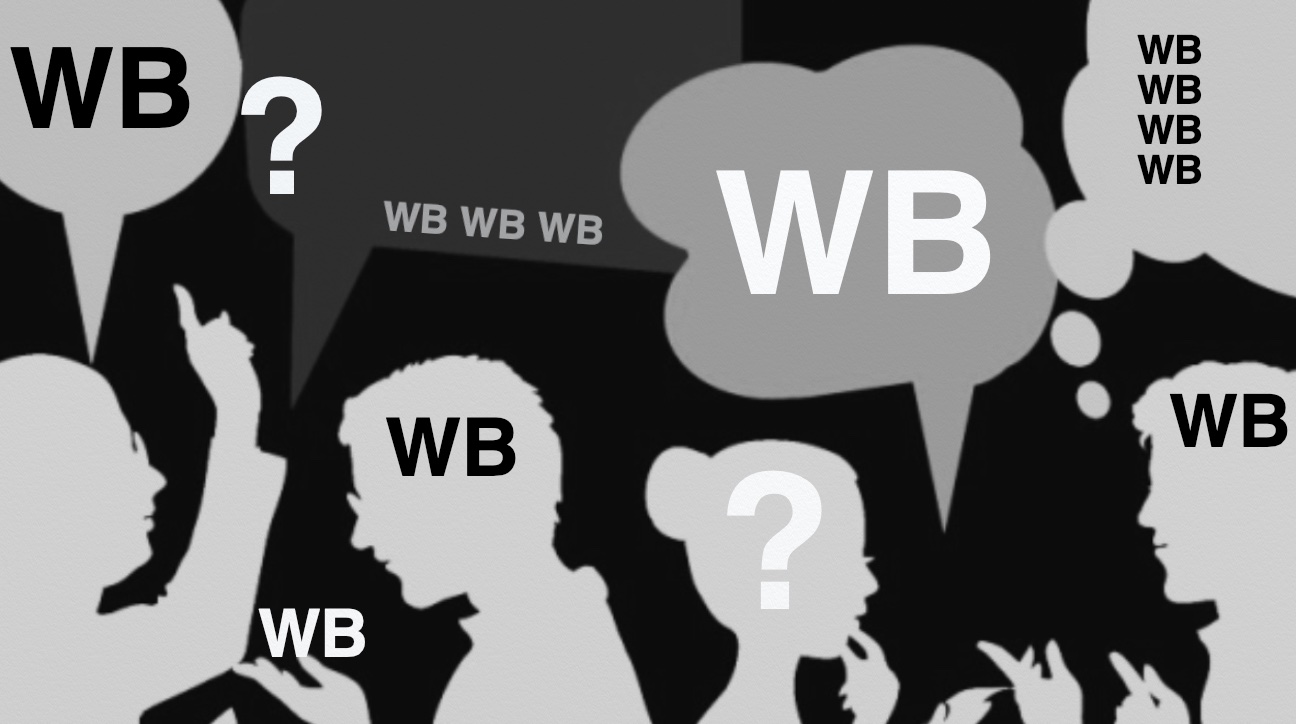By Dr Minh Alexander, Martin Morton, Greg Lawton and Clare Sardari, 19 October 2018
The vast majority of UK whistleblowers who have litigated do not have a good opinion of current UK whistleblowing law, the Public Interest Disclosure Act 1998
This is an updated collation of what whistleblowers say about the law, and how it failed them and the public, and what changes they think are needed:
Law reform is much resisted. But there is nevertheless a growing debate about the need to radically improve the law because major disasters like Gosport show the devastation that can be caused by ignoring whistleblowers
It is important for whistleblowers to have a voice in the creation of any new law, and to be as well prepared as possible when the time comes for a new law to be drafted.
Whistleblowers do not need to be passive recipients of PIDA II, or to face another twenty years of ineffective law handed down by those who may not care as much.
Whistleblowers are experts by experience who can help shape law. They can spot and understand things that others cannot.
As a contribution to the debate, we have set out in plain English how a new whistleblowing law might work:
DISCUSSION DOCUMENT: PUBLIC INTEREST PROTECTION BILL
We offer it to stimulate debate, for ideas to be tested and improved or replaced, and for barriers to be identified. If you disagree or have suggestions, we would be delighted to hear. Equally if you agree, please let us know too.
Our proposal maps broadly onto the main suggestions that whistleblowers have made for improving the law, in response to the recent call for evidence.
It is very much written from the perspective of whistleblowers’ practical experience, including of the lengths that institutions may go to in order to cover up.
In brief the proposed law offers:
- Timely, mandatory investigation of concerns
- An active duty to protect whistleblowers from the outset
- A mechanism for early resolution of conflict
- A means of ordering remedy without the need for litigation
- A range of civil and criminal penalties against individuals
- A means of funding legal representation for whistleblowers through a mandatory insurance scheme for employers
- Expansion of protected groups – the example of patients and families who speak up is explored
We value all feedback and would be grateful to hear what you think.
RELATED ITEMS
Prescribed Persons or the Pretence of PIDA. How UK whistleblowers are ignored
Protect: A View from the Fence


Agree, but the main problem in this is the time spent trying to redefine and prove whistleblowing, either to the organisation or others. In my case, my employer only agreed it on the first day of the ET, despite me using and quoting their policy in writing. The ET agreed it, but NHS Scotland still said “what makes you think you are a whistleblower?” and refused to communicate or take my uninvestigated concerns further.
LikeLiked by 1 person
Thanks for this, Dr A,
Yes, whistle-blowers tend to be the experts. It would be good to let that concept sink in for a minute.
Too often, whistle-blowers are treated as if they are defective – for not complying to a system even when that system is broken or corrupt.
And if, during their evidence, it becomes apparent that there innocent victims suffering as a consequence of some issue, the whistle-blower is then treated as being not only defective but ignorant and/or querulous – a well-honed tactic to deflect attention away from the ‘crime and victims of crime,’ and ‘shooting the messenger’ instead.
There seems to be a communication problem here and it is between those with differing values.
It would seem that those heading our institutions are largely rewarded for worshipping the system itself even when it has inevitably degenerated into a self-serving parody. For accepting the unacceptable this Faustian pact gives its adherents priority to status, pensions and honours.
On the other hand, the peasant whistle-blower normally has a different set of values. These tend to revolve around the issues of competency, integrity, transparency, honesty and protecting the vulnerable and innocent.
It seems that a genuine whistle-blower has, by definition, had to negotiate deeper levels of human experience and overcome greater obstacles in order to bring an issue out into the open in the hopes that it will be addressed.
On the other hand, our rewarded bureaucrat is honoured for slip-sliding over issues in as shallow a manner as is possible. Indeed, they will be regarded as having an overview as they ignore or bury details along with the whistle-blowers.
I wish everyone well as they try to resolve these differences.
LikeLiked by 1 person
Well said. My worst fault is honesty! This directness can be turned into a conduct issue all too easily. I do have insight, my psychiatrist says so!
LikeLiked by 1 person
In case of interest, from our US friends, their institutions also imagine and act as if they are above the law and, it would see, no one is powerful enough to challenge them.
http://www.informationclearinghouse.info/50462.htm
LikeLike